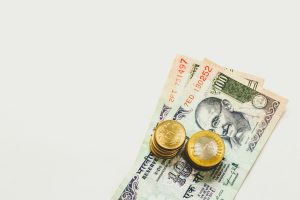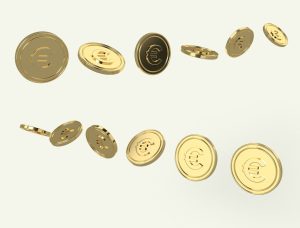Forex trading can be an exciting and profitable venture, but it requires a lot of research and preparation before you start. It’s important to take the time to analyze the market, develop a trading plan, and manage your risk properly. Here are some important things to consider before you put in a trade in forex.
Understand the Market
The first thing you should do before you start trading in forex is to familiarize yourself with the market. This means learning about the different currencies, their exchange rates, and the factors that affect their value. You should also stay up to date on current events that could impact the market, such as economic reports and political developments.
One way to stay informed is to read news articles and reports from reputable sources, such as Bloomberg or Reuters. You can also follow expert traders on social media or attend webinars and conferences to learn more about the market.
Develop a Trading Plan
Once you have a good understanding of the market, it’s important to develop a trading plan. This plan should outline your trading goals, your risk tolerance, and your strategy for entering and exiting trades.
Your trading plan should also include a set of rules for managing your risk. This could include setting stop-loss orders to limit your losses, or using trailing stops to protect your profits. You should also have a plan for managing your emotions, such as avoiding trading when you’re feeling overly confident or anxious.
Choose a Broker
Before you can start trading, you’ll need to choose a forex broker. A broker is a company that provides access to the forex market and executes trades on your behalf.
When choosing a broker, there are several factors to consider. You’ll want to look for a broker that is regulated by a reputable financial authority, such as the Financial Conduct Authority (FCA) or the National Futures Association (NFA). You should also look for a broker that offers low spreads and commissions, as well as a user-friendly trading platform.
Test Your Strategy
Before you start trading with real money, it’s a good idea to test your strategy using a demo account. Most forex brokers offer demo accounts that allow you to practice trading in a simulated environment.
Using a demo account can help you identify any weaknesses in your trading plan and refine your strategy before you start risking real money. It’s important to treat the demo account as if it were real money, and to keep track of your trades and analyze your performance.
Manage Your Risk
Managing your risk is one of the most important aspects of forex trading. This means setting stop-loss orders to limit your losses, using proper position sizing, and avoiding overtrading.
You should also be aware of the risks associated with leverage. Leverage allows you to control a larger position with a smaller amount of capital, but it also increases your risk of losses. It’s important to use leverage responsibly and to only trade with money you can afford to lose.
Monitor Your Trades
Once you’ve entered a trade, it’s important to monitor it closely. This means keeping an eye on the market and adjusting your stop-loss orders or take-profit orders as needed.
It’s also important to avoid making emotional decisions based on short-term market fluctuations. Stick to your trading plan and stay disciplined, even when the market is volatile.
In conclusion, forex trading can be a rewarding and exciting venture, but it requires a lot of preparation and research. Before you put in a trade, it’s important to understand the market, develop a trading plan, choose a reputable broker, test your strategy, manage your risk, and monitor your trades closely. With the right approach and mindset, forex trading can be a lucrative and fulfilling endeavor.





